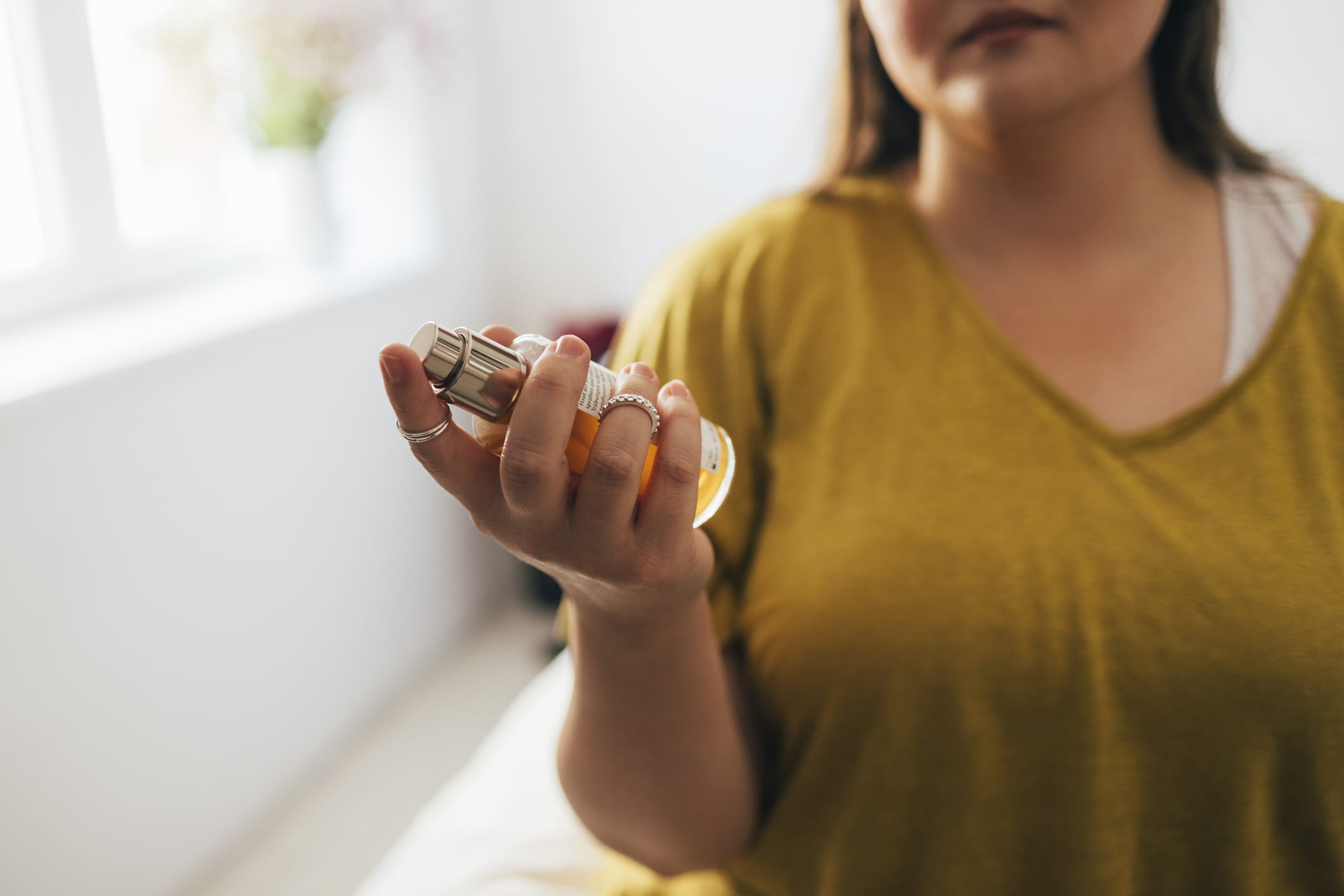While they may seem harmless, scented products such as lotions, perfumes, candles, oils, soaps, laundry detergent and air fresheners can all trigger symptom episodes in people living with systemic mastocytosis (SM). Limiting exposure to fragrances and scented products can improve your quality of life by reducing your number of symptom episodes. While avoiding fragrances completely is easier said than done, there are many small steps that can make a big difference.
The impact of strong odors or perfumes
Fragrances can cause mild to severe symptoms for those with SM if they are inhaled or come into direct contact with the skin. Mast cells are sensitive to the chemicals in fragrances, both original and fake. Scented products and fragrances can activate mast cells, causing the release of histamines and other chemicals into the bloodstream. This allergic reaction causes inflammation and symptoms such as wheezing, irritation of the airways, nausea, abdominal pain, vomiting, headache, skin irritation, itchiness and flushing, nasal congestion, chest tightness and reduced lung function. In severe episodes, symptoms can progress to potentially life-threatening anaphylaxis, with a rapid drop in blood pressure, dizziness, throat swelling and fainting.
Read more about SM signs and symptoms
The onset of symptoms can happen quickly — within minutes — so it is important to have antihistamines and two injectable doses of epinephrine with you. You should always carry an emergency kit that contains your medication and personal and medical information, in case you are unexpectedly exposed to fragrances, scented products or other triggers.
How to avoid strong fragrances
At times, it may be difficult to avoid inhaling fragrances or scents in public places, but there are ways to limit your exposure to scented products in your personal and professional surroundings.
- Choose fragrance-free cleaning products or use alternatives such as white vinegar, baking soda or lemon juice.
- Use unscented soaps, laundry detergent and lotions.
- Avoid using candles, perfumes and air fresheners in your home and workplace and ask family and friends to do the same when you’re visiting their homes.
- Always have a face mask on hand in case you find yourself in a public environment such as a shop, restaurant or hotel where people are wearing perfumes, or where the air is scented.
- Avoid department stores with perfume counters or stores that sell perfumed products.
- Don’t feel embarrassed about communicating your needs to colleagues or acquaintances.
- Install an air purifier and keep your home and office well-ventilated.
Consult your health care team for further advice or tips on how to continue to live a full life despite your sensitivity to scented products.
Sign up here to get the latest news, perspectives, and information about SM sent directly to your inbox. Registration is free and only takes a minute.

